APHA’s role in the global fight against rabies
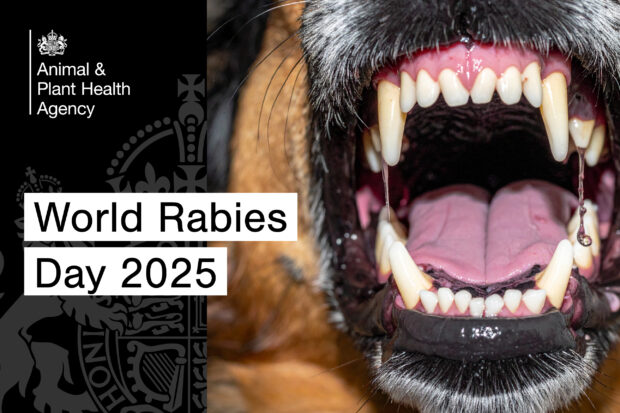
Every nine minutes, rabies claims a life, yet it is entirely preventable. Read more about APHA’s long-standing commitment to end dog-mediated human rabies by 2030.

Every nine minutes, rabies claims a life, yet it is entirely preventable. Read more about APHA’s long-standing commitment to end dog-mediated human rabies by 2030.
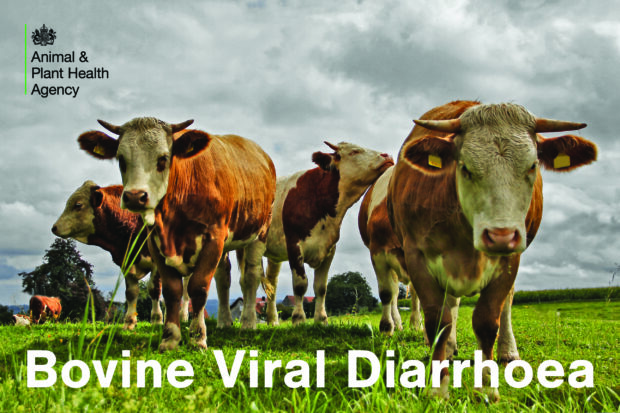
Meet the APHA scientist tackling a hidden cattle virus - Dr. Amin Asfor’s mission to stop Bovine Viral Diarrhoea could change farming, food safety, and global animal health.
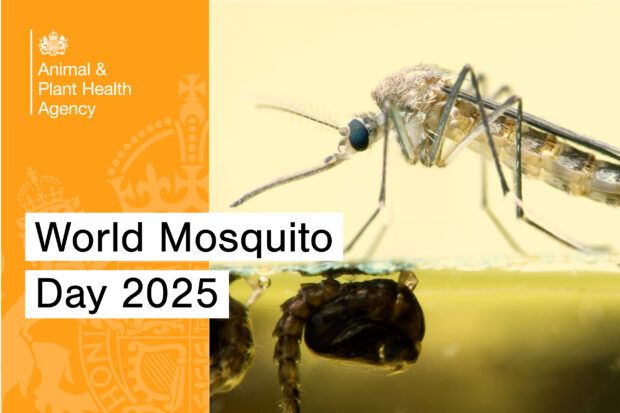
West Nile virus has been detected in UK mosquitoes for the first time. Discover how APHA’s cutting-edge surveillance uncovered this threat and what it means for wildlife, horses and human health.
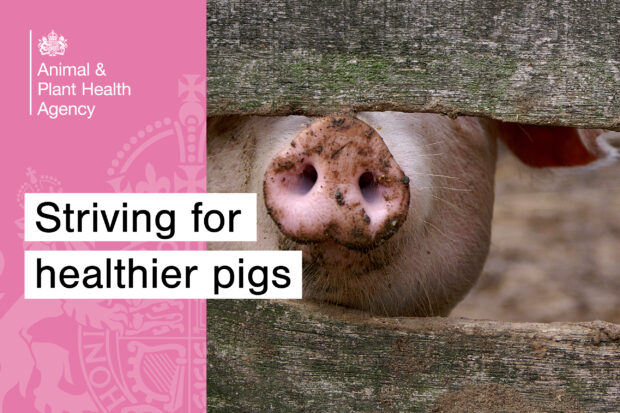
An inside look at the science protecting pigs from porcine reproductive and respiratory syndrome.

APHA scientists Ben Jones and Nick Johnson share how their work with UK ticks led to the discovery of a new zoonotic virus, highlighting the critical role of disease surveillance in protecting public health.

Could a newly discovered virus be the reason European hedgehogs, once a common sight in our hedgerows, have declined in numbers in the UK?
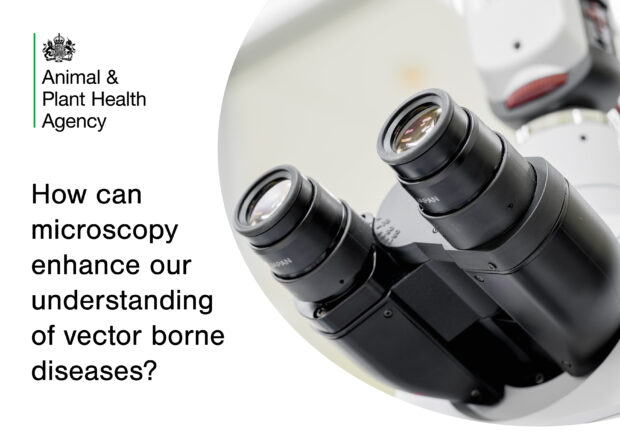
Dr. Luis M. Hernández-Triana, Biodiversity Research Team Lead and APHA Vector-Borne Diseases Discipline Lead, tells us more about APHA’s growing work in vector borne diseases (VBDs).
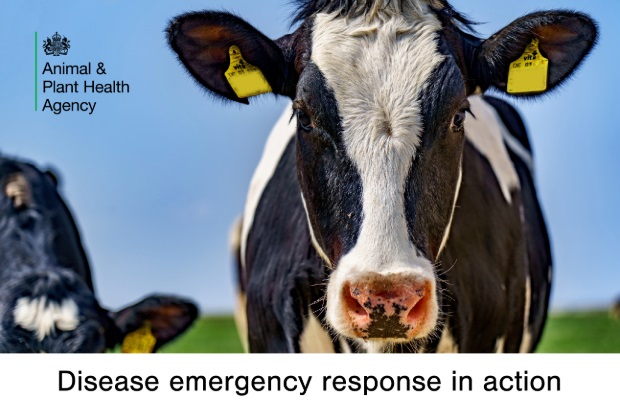
Aled Edwards, Head of England Field Delivery for the agency reveals how rapid response by several teams working closely together is helping to keep us safe from animal diseases such as foot and mouth, every day of the year.

In response to a bird flu infection in cattle in the United States, APHA was assigned to provide expert advice and conduct urgent diagnostic investigations to evaluate the potential threat to UK cattle populations.

When clinical symptoms appear, rabies is nearly 100% fatal. To reduce this, the UK government has contributed 15,000 doses of rabies vaccine, along with laboratory equipment and supplies, to the Ghanaian Ministry of Food and Agriculture through its ODA-funded Animal Health System Strengthening project, part of UKAid.
Recent Comments